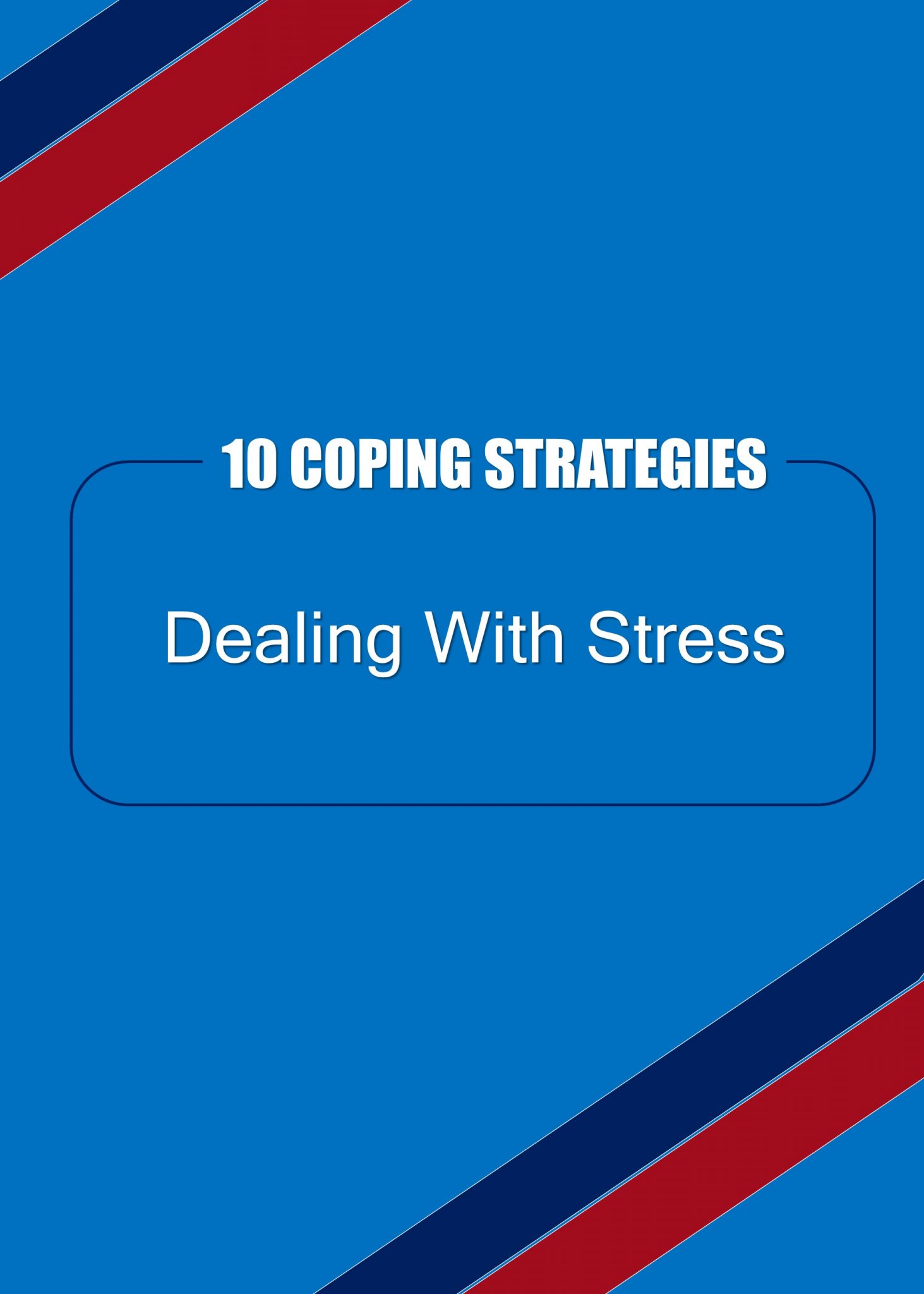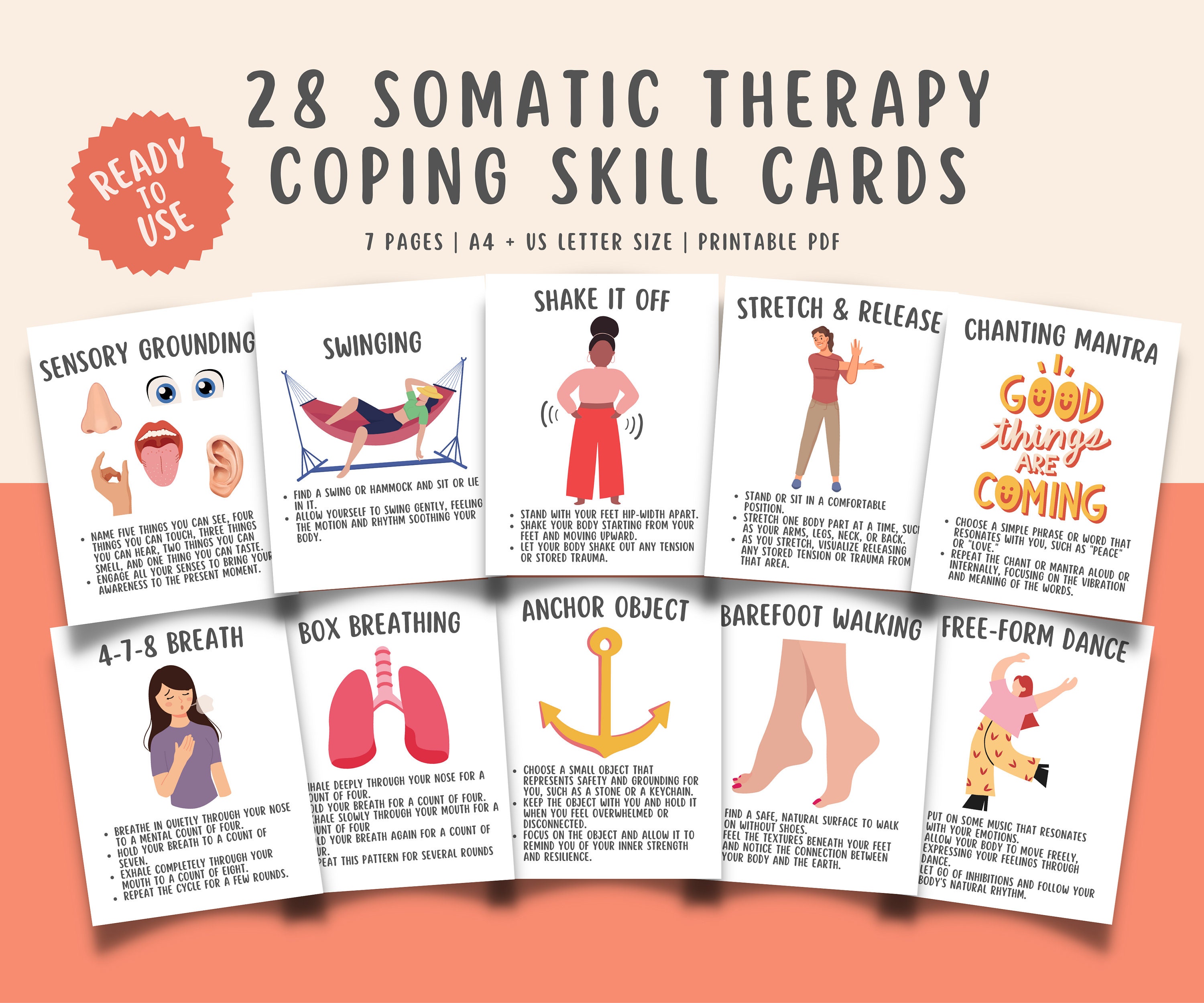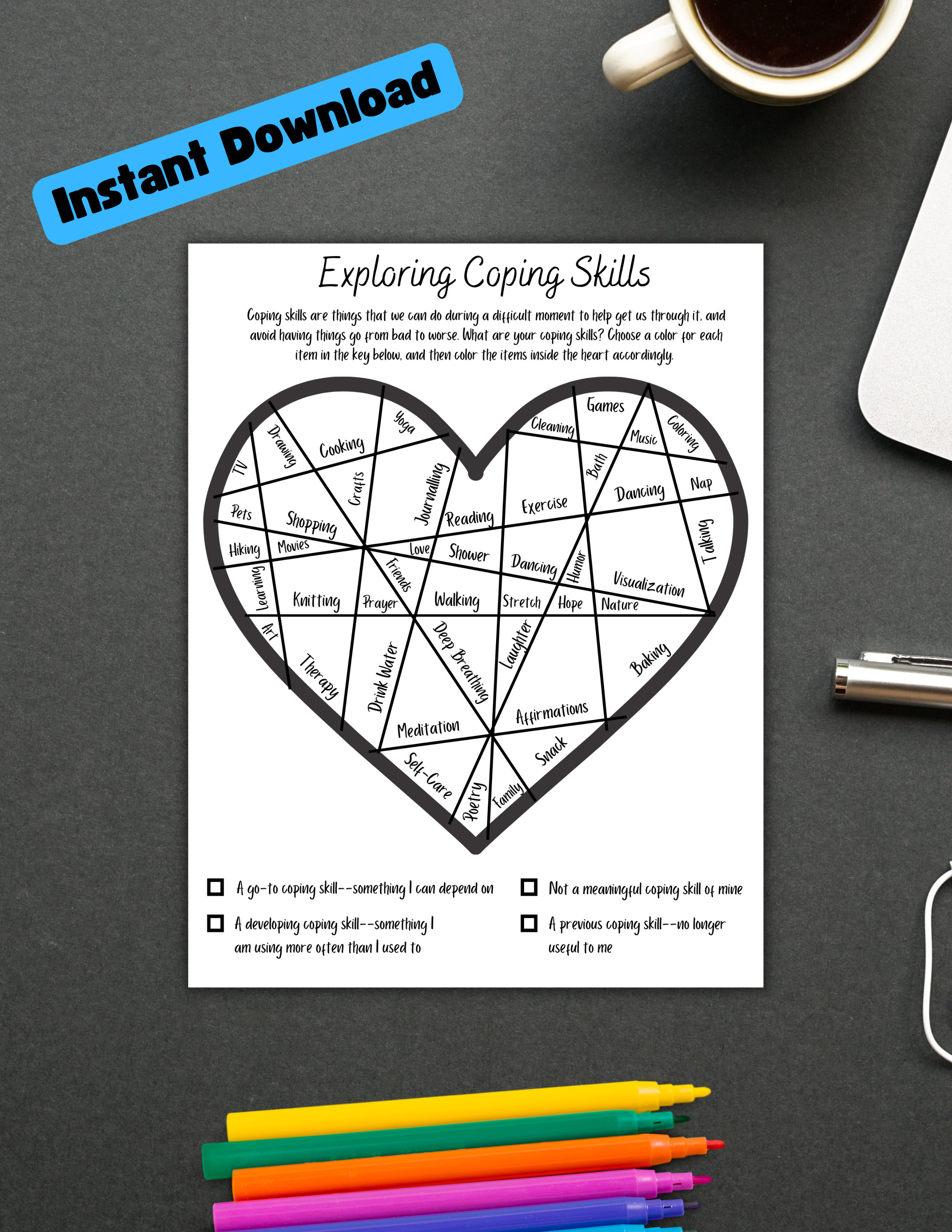Skills training for … · learn how to develop better coping strategies and avoid unhealthy coping mechanisms. · healthy coping mechanisms are strategies or techniques used to navigate stress, like exercising, journaling, deep breathing or talking to a friend. Coping refers to conscious or unconscious strategies used to reduce and manage unpleasant emotions. Coping strategies can be cognitions or behaviors and can be individual or social. Developing a personal toolkit of coping mechanisms allows for adaptability in various challenging situations. · coping is defined as the thoughts and behaviors mobilized to manage internal and external stressful situations. Plus, the 4 coping styles, including emotion-focused and problem-focused. Regularly practicing emotional regulation techniques can enhance resilience & reduce anxiety. It is a way for people to maintain their mental and emotional well-being. · morris水迷宫是英国心理学家morris于20世纪80年(1981)代初设计并应用于脑学习记忆机制研究的一种实验手段,其在阿尔茨海默病(ad)研究中的应用非常普 遍。较为经 … They help individuals regulate emotions, maintain psychological well-being, and effectively respond to stressors. Healthy coping skills foster resilience, enhance well-being, and strengthen relationships, contributing to an improved quality of life. Treating trauma-related dissociation: To cope is to deal with struggles and difficulties in life. Managing your stress well can help you feel better physically and psychologically and impact your ability to perform your best. Coping refers to the strategies we use to navigate challenging situations, emotions, or problems. 压力大的时候总想逃避是因为逃避的确是有用的,它能让我们短暂地从压力中获得喘气的空间。但是,如果你需要的是真正解决问题,就得在直面压力时,找到憋足一口气向前进的勇气。 不论 … These behaviors can be positive (adaptive) or negative (maladaptive). · effective coping strategies, such as problem-solving & seeking support, help manage stress & improve wellbeing. · coping skills are the tactics that people use to deal with stressful situations. 老师为大家解答: 萨提亚说,问题本身不是问题,如何应对才是问题(the problem is not the problem, coping is the problem. )。原书列举了一个孩子逃学的例子,孩子逃学可能只是问题的 … · coping mechanisms serve as a way to manage emotions, reduce anxiety, and navigate difficult situations by providing a sense of control, comfort, and relief. Coping occurs in the context of life changes that are perceived to be stressful. · coping usually involves adjusting to or tolerating negative events or realities while you try to keep your positive self-image and emotional equilibrium. [1] it is a term used distinctively for conscious and voluntary mobilization of acts, different from defense mechanisms that are subconscious or unconscious adaptive responses, both of which aim to reduce or tolerate stress. A practical, integrative approach. By onno van der hart, suzette boon, kathy steele coping with trauma-related dissociation: · coping mechanisms are behaviors that help you decrease stress and manage unpleasant emotions.
This Coping Skill Secret Will Transform Your Life
Skills training for … · learn how to develop better coping strategies and avoid unhealthy coping mechanisms. · healthy coping mechanisms are strategies or techniques...









